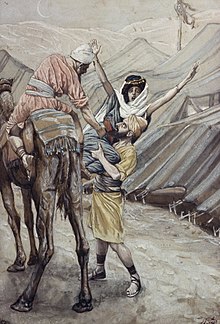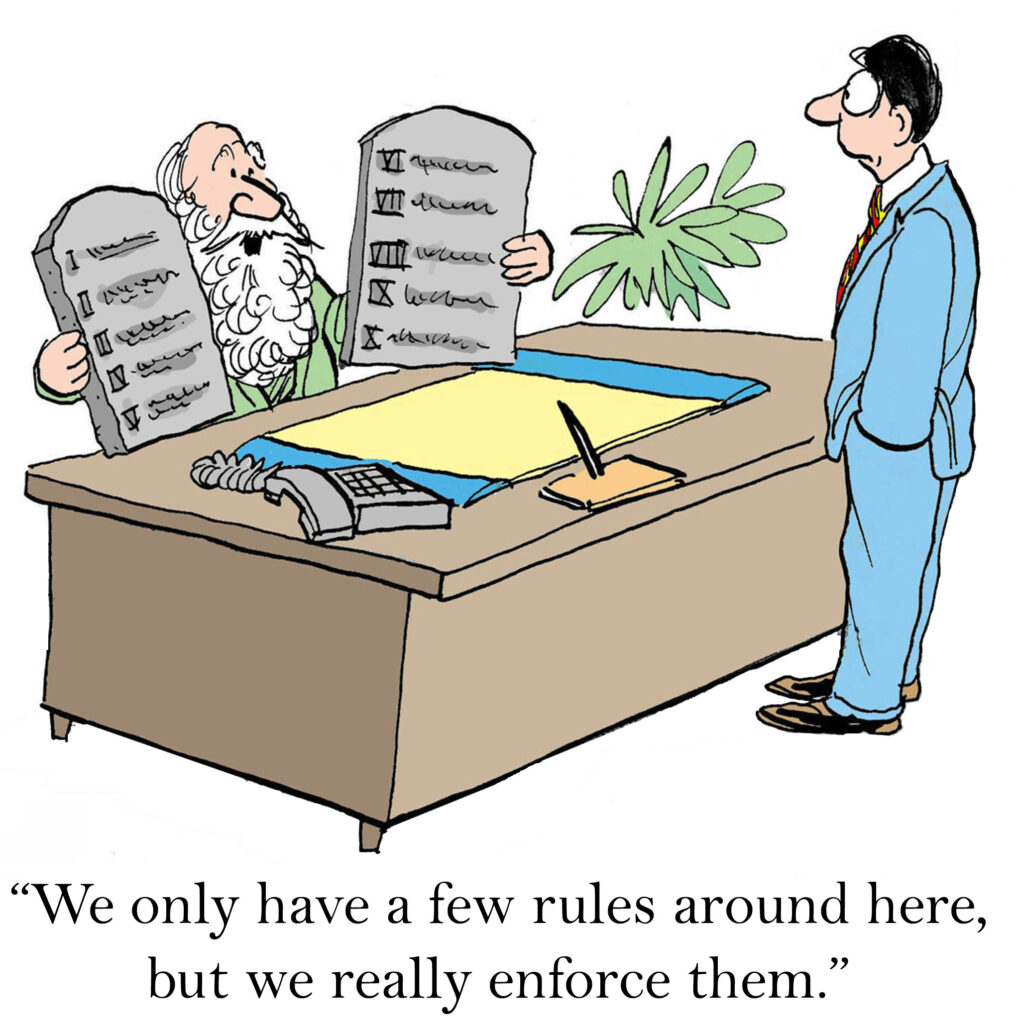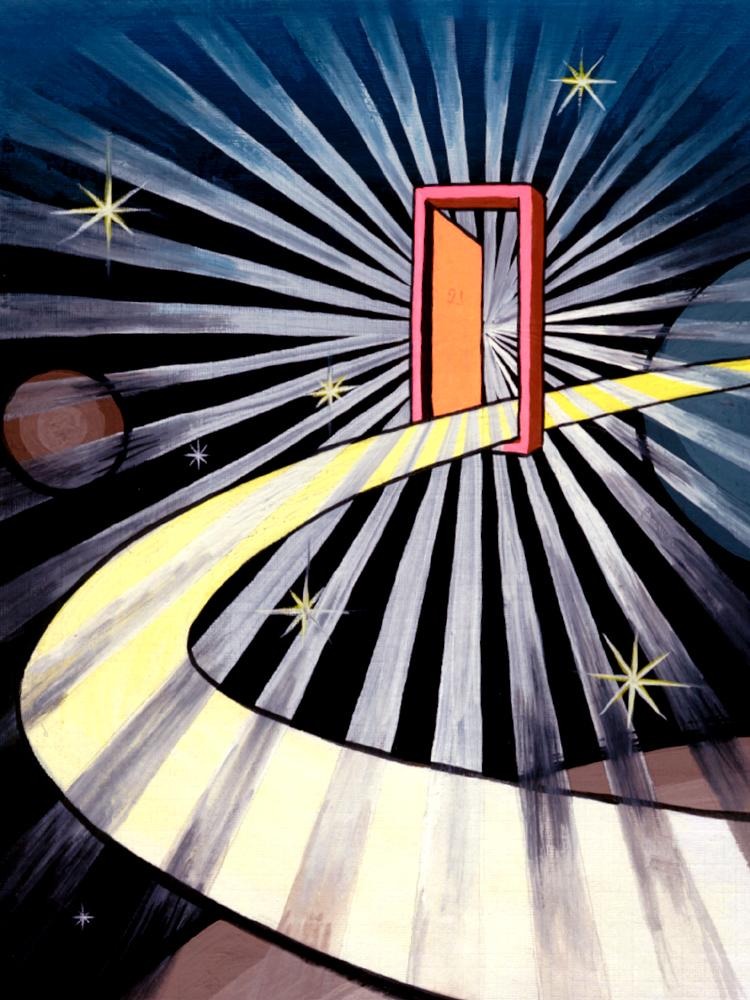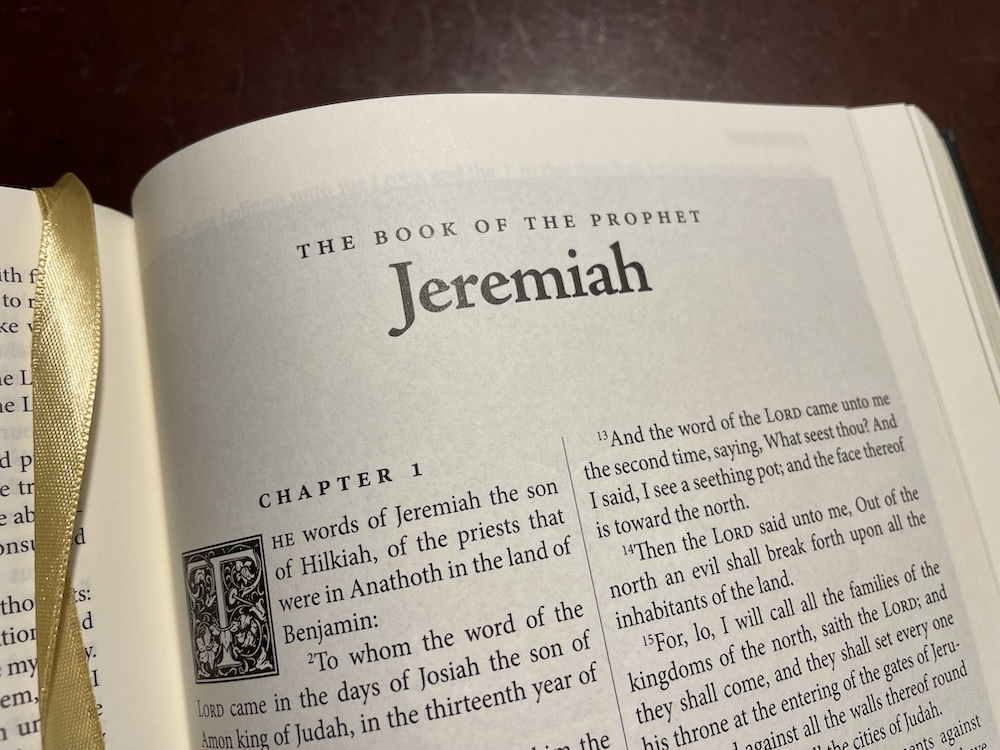
Genesis 34:1, Dinah…went out. The lure of friendship with the world is a powerful one. Youth are especially vulnerable to the attractions of the world, since it offers things that are new and exciting. But this is not always for their ultimate good as Dinah soon and sadly discovered.

Dinah’s being drawn to friends among the heathen is what caused this whole sorry affair between the sons of Jacob and the inhabitants of Shechem resulting in Dinah’s kidnapping and rape and the massacre of the Shechemites. James the apostle warns us, “Ye adulterers and adulteresses, know ye not that the friendship of the world is enmity with Elohim? Whosoever therefore will be a friend of the world is the enemy of Elohim” (Jas 4:4). Similarly, John states, “Love not the world, neither the things that are in the world. If any man love the world, the love of the Father is not in him. For all that is in the world, the lust of the flesh, and the lust of the eyes, and the pride of life, is not of the Father, but is of the world” (1 John 2:15–16). The lure of the world’s acceptance is a dangerous one that leads one down a slippery slope spiritually as Paul opines. “Do not be deceived: Evil company corrupts good habits” (1 Cor 15:33). Elsewhere, Paul warns the young Timothy to “Flee youthful lusts” (2 Tim 2:22). If the enticements of the world weren’t such a difficult temptation to resist, then he wouldn’t have urged young people to flee them!
Furthermore, YHVH, our loving Heavenly Father wouldn’t be urging his people to come out of the world (Rev 18:4; 2 Cor 6:14–17). Moreover, Solomon, the wisest man who ever lived, and who knew something about the alluring power of sexual and lustful enticements, dedicates the first seven chapters of the book of Proverbs to warning against it. He urges young people to follow the path of wisdom, truth and the fear of Elohim by fleeing the ways of the perverse woman—a metaphor for evil in its every form.
The problem is that most young people feel they are powerful enough to resist the temptations of the world, the flesh and the devil—that they’re an exception to the rule and immune. Sadly, this is pride based on naiveté. As the Scriptures teach us, pride comes before a fall, which results in shame (Prov 16:18; 11:2). “There is a way that seems right to a man, but the end thereof are the ways of death” (Prov 14:12; 16:25). “He who thinks he stands, take heed lest he fall” (1 Cor 10:12). Dinah would have been better off had she heeded this advice.
So how could Jacob have protected his children from worldly influences? After a certain point when young people become adults, this is no longer possible; they have to figure things out for themselves and to make their own choices one way or the other. Until then, parents can somewhat shield their children from the evil influences of the world within the protective confines of the family structure, even as they are inoculating them against the world’s ungodly mores by laying under them a strong, biblically-based spiritual foundation of Truth. After that, however, the young and tender plants have to leave the protective greenhouse of the family and face the exposure of the outside elements—the wind, cold, rain, ice, snow as well as competition from other plants, where they will either stand firm against these adverse forces, or will, to one degree or another, succumb to them.
It is a particular and difficult problem for young people who are raised in godly families to find godly spouses. If they are not part of a spiritual community where the “fishing” is good, then they are forced to go searching for marriage prospects in the world around them. This is a potentially dangerous proposition and a gamble at best. This was likely the case with Dinah, and it turned out badly for her. For this reason, both Abraham and Isaac insisted that their children NOT seek marriage partners from among the Canaanites around them. They went to great lengths to find godly spouses for their children. Jacob would have been well-advised to do the same. Perhaps, however, this was not an option for him after his difficult experience with Laban and the vow he had just made with his uncle at Mizpeh not to cross the Jordan River en route to Babylonia. It seems that this would have precluded Jacob from seeking wives for his children elsewhere, leaving them no choice but seek such among the local heathen populace. Evidently, Dinah’s brothers intermarried with the local girls, which may have contributed to the Israelites’ eventual apostasy and enslavement in Egypt.
Whatever the case, it is not easy for anyone to remain faithful to Elohim in this evil world. If it is difficult for parents to resist the forceful currents of spiritual declension short of divine intervention and empowerment, then how much more so for their children after them?! Many godly people have been asking this same question for a long time as we read in the Gospels,
And those who heard it said, “Who then can be saved?” But He said, “The things which are impossible with men are possible with God.” (Luke 18:26–27)
Then one said to Him, “Lord, are there few who are saved?” And He said to them, “Strive to enter through the narrow gate, for many, I say to you, will seek to enter and will not be able.” (Luke 13:23–24, emphasis added
Genesis 34:9, Make marriages with us. After the Dinah and Shechem incident, the local Canaanites wanted to intermarry with Jacob’s children and steal their inheritance (Gen 34:23). It is the desire of worldly people to pollute and desecrate YHVH’s set-apart people. The world isn’t content to live and let live—to leave the saints alone. It pollutes and destroys everything it touches wants by pulling those of a higher spiritual level down to its low spiritual level. Jacob and his sons, however, remained firm and refused to assimilate with the Canaanites.
Had Jacob succumbed to the alluring offers of the devil, he would have lost his spiritual standing with Elohim as well as his future, promised and covenantal inheritance.
The devil offered Jacob the small reward of temporary peace and prosperity by making assimilating alliances with the heathens in exchange for Jacob’s birthright. Esau made this mistake years earlier, and Jacob knew better than to fall for the enemy’s lies.
The devil tempted Yeshua in the same way after his forty day fast in Matthew chapter four. Satan promised Yeshua temporal and immediate fame, glory and prosperity if he would submit to him. To do so, Yeshua would have forfeited his future higher glory. Instead Yeshua chose the better reward of the delayed gratification that his Father offered him as opposed to the instant carnal gratification the devil offered.
We too must follow the example of Jacob and Yeshua and resist the enemy’s overtures that appeal to our base carnal nature. Instead, we must aggressively fight off the enemy who wants to steal and destroy our inheritance and kill us in the process.
No good can come from intermarrying literally or spiritually with the heathen!
Be not deceived: Evil company corrupts good habits. (1 Cor 15:33)
Ye adulterers and adulteresses, know ye not that the friendship of the world is enmity with Elohim? whosoever therefore will be a friend of the world is the enemy of Elohim. (Jas 4:4)
Be ye not unequally yoked together with unbelievers: for what fellowship hath righteousness with unrighteousness? and what communion hath light with darkness? And what concord hath Messiah with Belial? or what part hath he that believeth with an infidel? And what agreement hath the temple of Elohim with idols? for ye are the temple of the living Elohim; as Elohim hath said, I will dwell in them, and walk in them; and I will be their Elohim, and they shall be my people. Wherefore come out from among them, and be ye separate, saith the Lord, and touch not the unclean thing; and I will receive you, and will be a Father unto you, and ye shall be my sons and daughters, saith the Lord Almighty. (1 Cor 6:15–18)
















